Toumani Camara, Deni Avdija Offer Silver Lining for Portland Trail Blazers
The Portland Trail Blazers’ two best players during Sunday’s 118-108 home loss to the Oklahoma City Thunder happened to be the franchise’s best two players all season: Deni Avdija and Toumani Camara.
Avdija produced an all-around gem in the loss with a season-high 28 points on 9-16 shooting (4-9 from 3), eight assists, eight rebounds, one block and a steal. After struggling with his shot early in his Portland tenure, the 6-foot-9 forward has solidified himself as the team’s best player since December, bringing to fruition the Swiss Army knife-type playmaker the team advertised at training camp.
For his part, Camara played his best offensive game of the season against OKC. The 6-foot-7 forward hit his first eight shots from the field on his way to a career-high 24 points on 8-11 shooting, including 5-5 on 3-pointers. Camara’s defense is already worthy of All-Defensive votes in just his second NBA season, but as Sunday reinforced, he’s also the owner of a burgeoning offensive game that opponents must respect more and more.
Together, the front court combination packs a potent punch of size, two-way play and intensity for Portland. The players have served as beacons of consistency in a season that has struggled for concrete answers elsewhere on the roster. Maybe most importantly, both Avdija and Camara are 24, so that two-way punch is a viable fit for the Trail Blazers’ future-oriented timeline.
“Both [Avdija and Camara] are really young players that I think are discovering things about themselves at this time that they hadn’t done before,” Portland head coach Chauncey Billups told reporters Sunday after the loss.
For Avdija, that self-discovery has involved taking on more offensive responsibility with the ball in his hands after playing more of an off-ball role during his four seasons with the Washington Wizards. With the season just past the midpoint, Billups said Avdija’s increased familiarity with that role and his new teammates has helped him reach another gear. In his first 20 appearances with the Blazers in October and November, Avdija averaged 11.4 points per game while shooting 39.5% from the field and 31.2% on 3s. In 24 games since Dec. 1, he has upped those averages to 17.3 points per game, 51.5% shooting from the field and 36.7% shooting on 3s.
Avdija’s playmaking is also starting to pop more, headlined by a season-high eight assists against the Thunder on a night Portland deployed him often as a point guard. Billups said Avdija’s force and ability to penetrate the paint make him built to bend defenses and set up teammates, but capitalizing on that skillset comes with experience and time.
“You fall and bump your head a few times before you can learn,” Billups said after referencing some of Avdija’s high-turnover games this season. “Now this thing is slowing down for him a little bit where he’s able to make some of those plays.”
“I embrace this [playmaking role]. I love it, I love making plays for others,” Avdija added after Sunday’s game. “ … I don’t really overthink my role, so I’m just being humble, being a good teammate, trying to make the right play.”
After playing as a center in college, Camara has worked to unlock new layers to his offensive game as a wing and develop his shooting stroke. From the year’s first preseason game in Seattle, he impressed as somebody who had taken a step in the offseason. While that offensive production has oscillated some, it’s largely trending upward. Camara is shooting 35.3% on 4.3 3-point attempts per game this season, an improvement of about 2% on almost two more attempts per game versus his rookie season. He’s also showcased an ability to attack closeouts and finish in the lane.
The offensive stats don’t jump off the page at just 10 points per game, but on top of his nightly defensive contributions, the complementary improvement feels amplified.
“I think if you ask all the guys that play against him, they feel his presence all game,” Billups said about Camara.
Following the OKC loss, Camara wasn’t too satisfied with his career-high points total or his perfect night from 3. Unprompted, he told reporters he was upset with his defense against the NBA-leading Thunder. The interaction followed a trend this season of Camara being unwilling to speak highly about individual achievements when they come during losses.
“I feel like I was getting beat on one-on-ones way too easily, which is something that I take a lot of pride in,” Camara said. “The effort was still there. It’s just, I don’t know, I wasn’t moving my feet like I usually do, and it was frustrating.”
That pride and high standard reflects how the synchronicity between Camara and Avdija goes beyond tangible skills and defensive switchability; it’s their mental makeup. They both approach the game with a similar intensity, leading by example but also unafraid to occupy vocal leadership roles and take feedback.
Add those leadership qualities to the list of positives that make the pair seem like surer bets to be front-court staples in Portland for years to come.
“Me and Toumani have a very good relationship off the court, and I feel like we’re very good in communicating with each other,” Avdija said. “We’re both competitors, and we want to help the team as much as we can.”
“The way we accept to talk to each other, accept criticism, and also want our teammates to accept that criticism,” Camara added about what makes him and Avdija a good fit. “ … He’s somebody that has the same mindset as me, so I think we work really well together for that.”
Share this content:
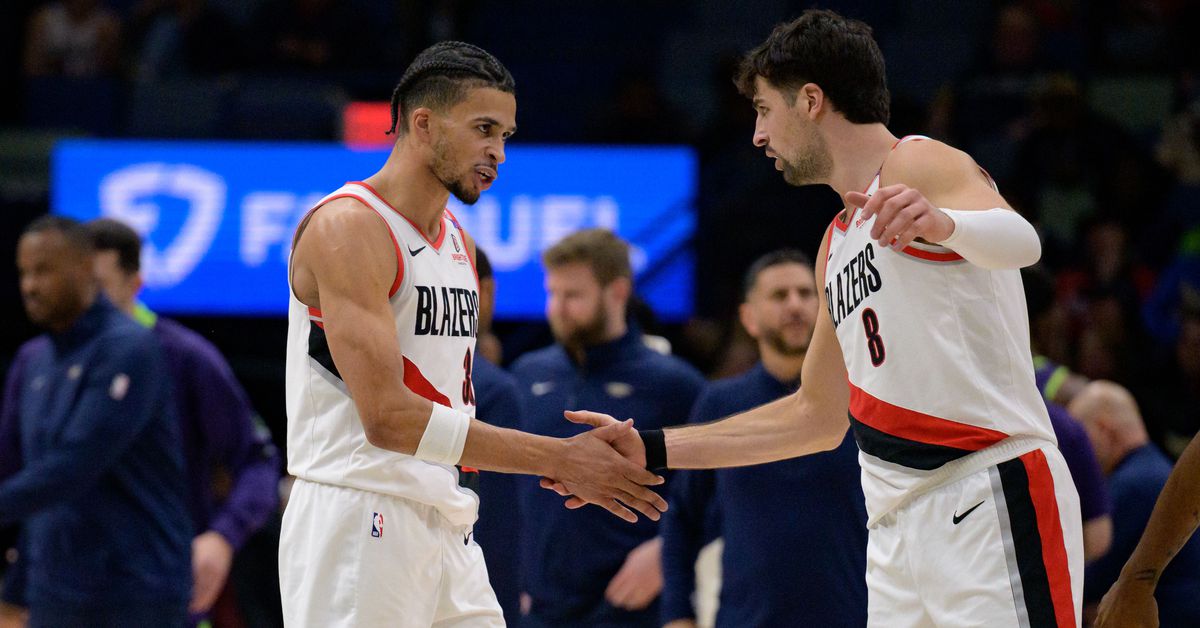

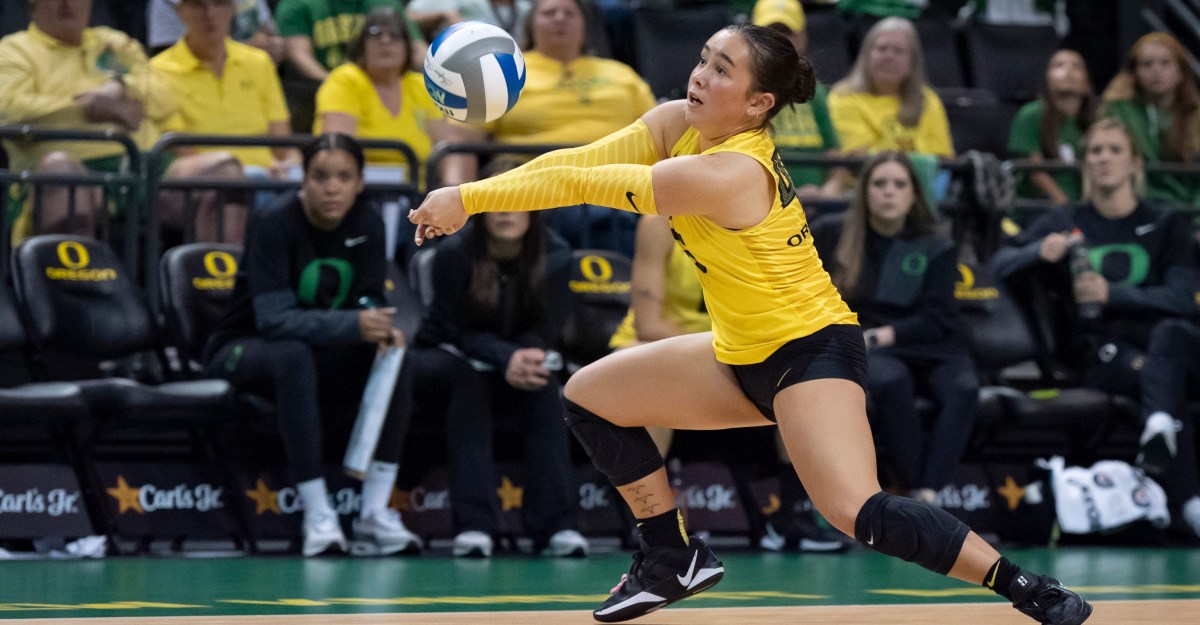
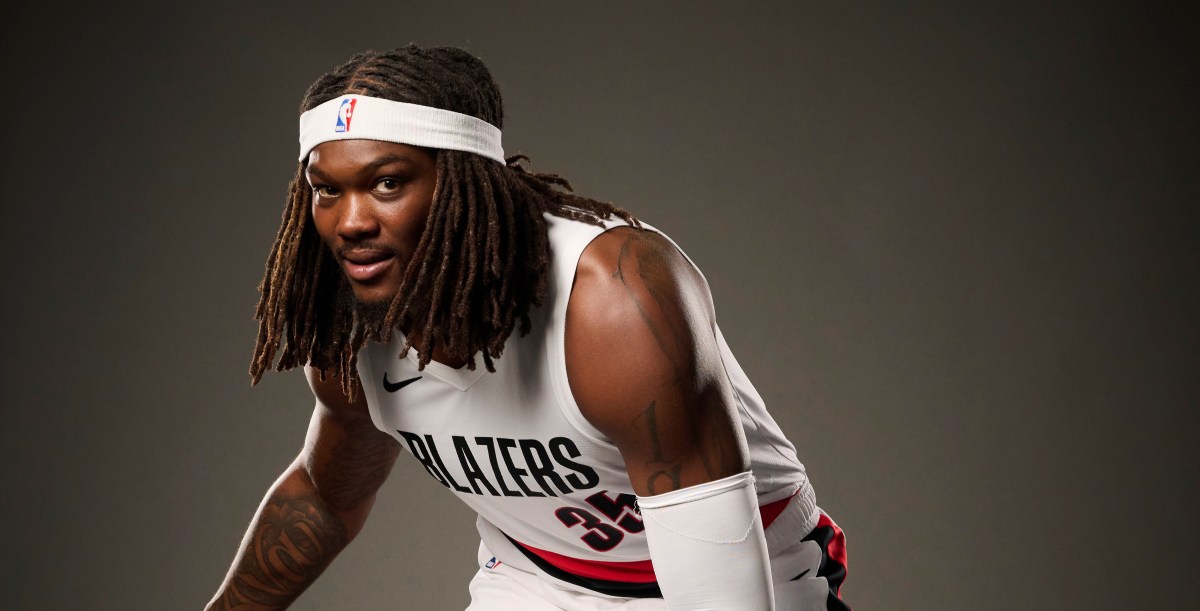




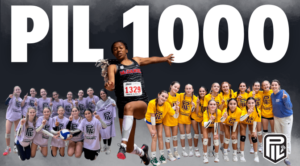



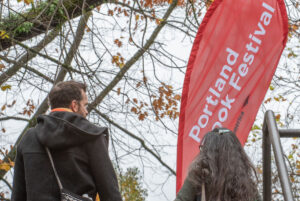

Post Comment